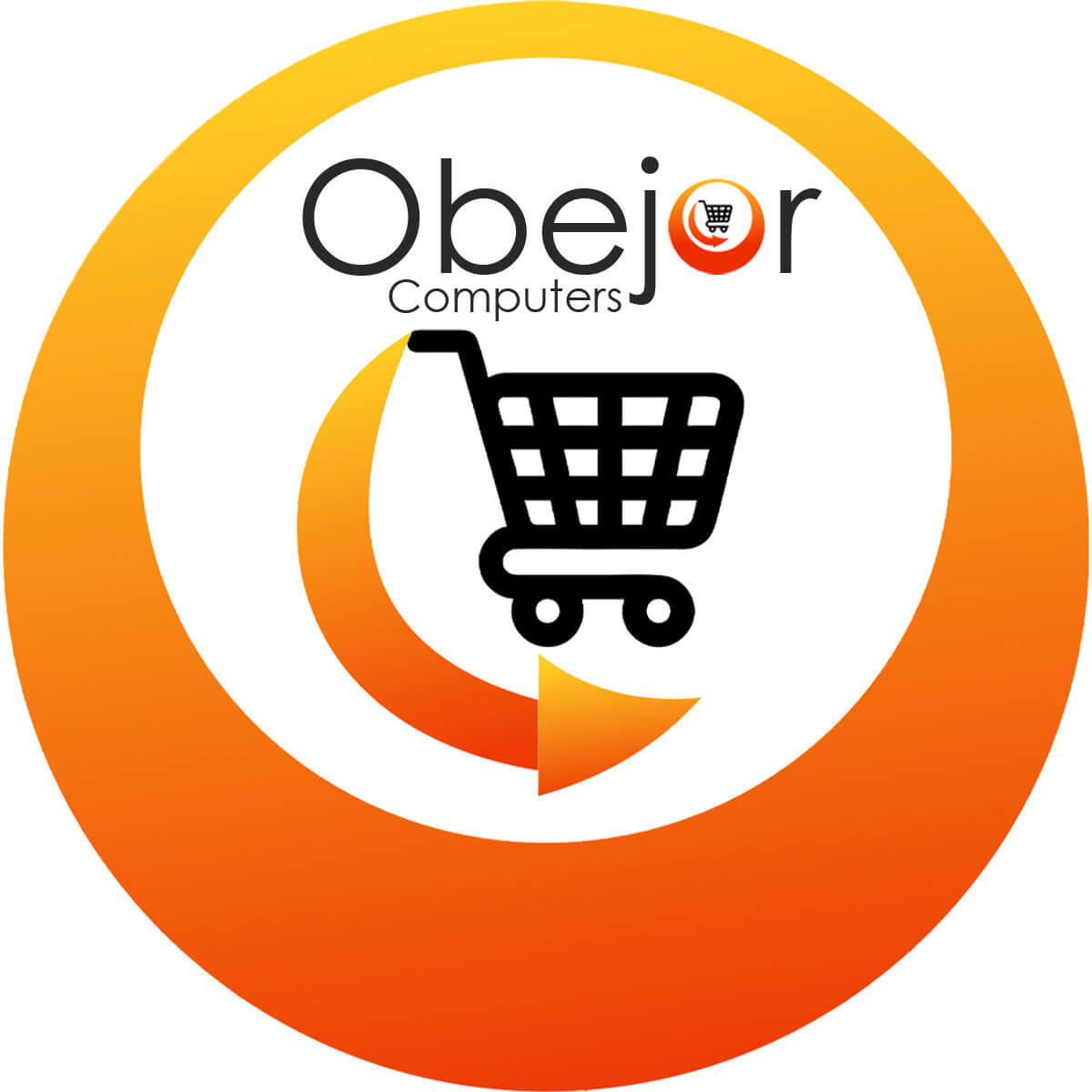Understanding The Role Of Application Software In Modern Computing
In today’s digital world, application software plays a pivotal role in shaping how we interact with technology and accomplish tasks efficiently. From the simplest mobile apps to complex enterprise solutions, application software bridges the gap between hardware capabilities and user needs. Whether you’re sending an email, editing a document, or managing a business, application software serves as the backbone of these activities. Understanding what is the role of application software is essential for anyone looking to harness the full potential of modern computing.
Application software is designed to perform specific tasks for users, ranging from productivity tools to entertainment platforms. These programs are developed to meet diverse needs, such as creating spreadsheets, designing graphics, or even playing games. Without application software, hardware would remain underutilized, unable to deliver the functionality users expect. This article dives deep into the role of application software, answering critical questions and providing insights into how it impacts our daily lives.
As technology evolves, the role of application software continues to expand. From cloud-based solutions to AI-driven applications, software developers are constantly innovating to meet the demands of a connected world. This article explores the various dimensions of application software, its significance, and how it transforms industries. By the end of this piece, you’ll have a comprehensive understanding of what is the role of application software and why it matters in the digital age.
Read also:Greg Gutfeld And Wife A Closer Look At Their Life Together
Table of Contents
- What is Application Software?
- What is the Role of Application Software in Daily Life?
- Types of Application Software
- How Does Application Software Differ from System Software?
- Why is Application Software Important for Businesses?
- How to Choose the Right Application Software?
- What are the Latest Trends in Application Software?
- Challenges in Developing Application Software
- What is the Future of Application Software?
- Conclusion
What is Application Software?
Application software refers to programs designed to help users perform specific tasks on computers or other devices. Unlike system software, which manages hardware and operating systems, application software is user-focused. Examples include word processors, web browsers, and video editing tools. These programs are tailored to meet the needs of individuals, businesses, and industries.
Application software can be categorized into two main types: general-purpose software and specialized software. General-purpose software, such as Microsoft Office, is versatile and can be used for a wide range of tasks. Specialized software, on the other hand, is designed for specific industries, like medical imaging software for healthcare or CAD software for engineering.
What is the Role of Application Software in Daily Life?
In our daily lives, application software is indispensable. It helps us stay connected, organized, and entertained. For instance, communication apps like WhatsApp and Zoom enable us to connect with friends, family, and colleagues. Productivity tools like Google Docs and Trello allow us to collaborate on projects and manage tasks efficiently. Even entertainment platforms like Netflix and Spotify rely on application software to deliver content seamlessly.
Application software also plays a crucial role in education. E-learning platforms like Coursera and Khan Academy use software to provide interactive lessons and assessments. Similarly, fitness apps like MyFitnessPal help users track their health goals, demonstrating the versatility of application software in addressing various needs.
Types of Application Software
Understanding the different types of application software is key to appreciating its role in modern computing. Here are some common categories:
- Productivity Software: Includes tools like word processors, spreadsheets, and presentation software.
- Communication Software: Encompasses email clients, messaging apps, and video conferencing tools.
- Entertainment Software: Covers gaming platforms, streaming services, and media players.
- Business Software: Includes customer relationship management (CRM) systems, accounting software, and project management tools.
- Specialized Software: Tailored for specific industries, such as medical, engineering, or legal applications.
How Does Application Software Differ from System Software?
One common question is how application software differs from system software. While application software is designed for end-users, system software operates behind the scenes to manage hardware and provide a platform for applications to run. Examples of system software include operating systems like Windows and macOS, as well as device drivers.
Read also:Discovering Stephen Walters The Journey Of A Remarkable Personality
The role of application software is to deliver functionality directly to users, whereas system software ensures that the hardware and application software work together seamlessly. For instance, when you open a document in Microsoft Word (application software), the operating system (system software) manages the file retrieval process and allocates resources.
Why is Application Software Important for Businesses?
Businesses rely heavily on application software to streamline operations, enhance productivity, and improve customer experiences. From managing finances to automating workflows, application software plays a vital role in driving efficiency and innovation.
For example, CRM software like Salesforce helps businesses track customer interactions and improve sales strategies. Accounting software like QuickBooks simplifies financial management, while project management tools like Asana enable teams to collaborate effectively. Understanding what is the role of application software in a business context is crucial for leveraging its full potential.
How to Choose the Right Application Software?
Selecting the right application software can be challenging, especially with so many options available. Here are some tips to help you make an informed decision:
- Identify your specific needs and goals.
- Research user reviews and ratings.
- Consider the software’s compatibility with your existing systems.
- Evaluate the level of customer support provided by the developer.
- Assess the software’s scalability and ability to grow with your needs.
What are the Latest Trends in Application Software?
The world of application software is constantly evolving, driven by technological advancements and changing user demands. Some of the latest trends include:
- Cloud-Based Applications: Software hosted on the cloud allows users to access their data and tools from anywhere.
- Artificial Intelligence (AI): AI-driven applications are transforming industries by automating tasks and providing insights.
- Mobile-First Development: With the rise of smartphones, many applications are now designed with mobile users in mind.
- Low-Code and No-Code Platforms: These platforms enable non-developers to create custom applications without extensive coding knowledge.
Challenges in Developing Application Software
Developing application software comes with its own set of challenges. Ensuring compatibility across devices, addressing security concerns, and keeping up with user expectations are just a few of the hurdles developers face. Additionally, staying ahead of technological trends requires continuous learning and adaptation.
What is the Future of Application Software?
The future of application software is bright, with innovations like augmented reality (AR), virtual reality (VR), and the Internet of Things (IoT) set to redefine how we interact with technology. As these technologies mature, application software will become even more integrated into our daily lives, offering new ways to solve problems and enhance experiences.
Conclusion
Application software is the driving force behind modern computing, enabling users to perform tasks efficiently and effectively. From personal use to business operations, understanding what is the role of application software is essential for leveraging its capabilities. As technology continues to evolve, application software will remain at the forefront of innovation, shaping the way we live and work.
Understanding Vanillagift.com Balance Information: A Comprehensive Guide
How To Check Balance On VanillaGift.com: A Complete Guide
Fungi Heterotrophic: Unveiling The Secrets Of Nature's Decomposers

StockSavi The Best Inventory Software Obejor Computers

Speech balloons and application software cubes. 3D illustration Stock